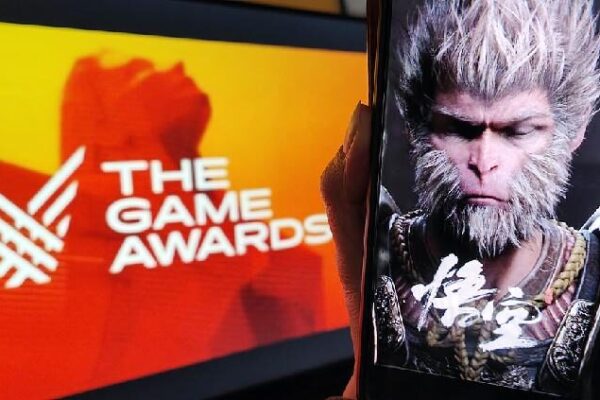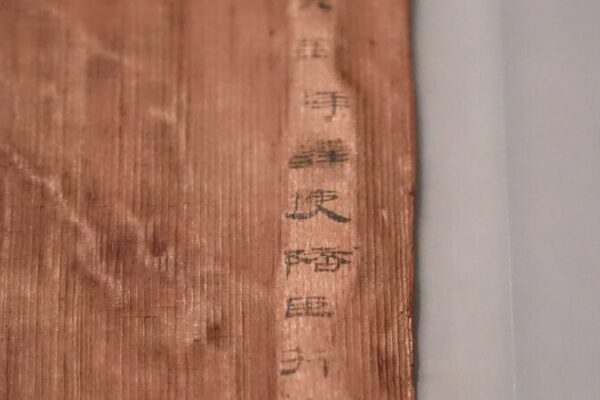‘Black Myth: Wukong’ has taken the gaming world by storm, selling an astonishing 10 million copies within just three days of its release on August 20. Not only has it become a global sensation, but it’s also the first Chinese game ever nominated for the prestigious Game of the Year award at The Game Awards 2024.
This action-adventure game immerses players in a world inspired by the classic Chinese novel Journey to the West. As the “Destined One,” players embark on a perilous journey to find the legendary Sun Wukong, facing a myriad of mythical creatures along the way.
Among these creatures, one has unexpectedly captured the hearts of players: Guangzhi, a wolf monster. Known for his powerful transformation spells and formidable attacks, Guangzhi has become a beloved ally in tough boss battles. The phrase “Guangzhi, save me!” has quickly become a viral meme among gamers, highlighting his popularity.
What’s fascinating is that in the original Journey to the West, Guangzhi is portrayed as a villain who seeks to harm both Sun Wukong and his master, Tang Sanzang. This stark contrast has sparked discussions among fans and scholars alike about reinterpretation and character development in modern adaptations.
The transformation of Guangzhi from foe to friend in ‘Black Myth: Wukong’ not only adds depth to the game’s narrative but also reflects the evolving nature of storytelling. It invites players to explore themes of redemption, perspective, and the complexities of character roles.
This fresh take on a classic tale showcases how traditional stories can be reimagined for new audiences, bridging cultural heritage with contemporary media. As discussions continue, ‘Black Myth: Wukong’ stands as a testament to the power of storytelling in connecting people across the globe.
Reference(s):
SPARK: Understanding Guangzhi's transformation from foe to friend
cgtn.com








